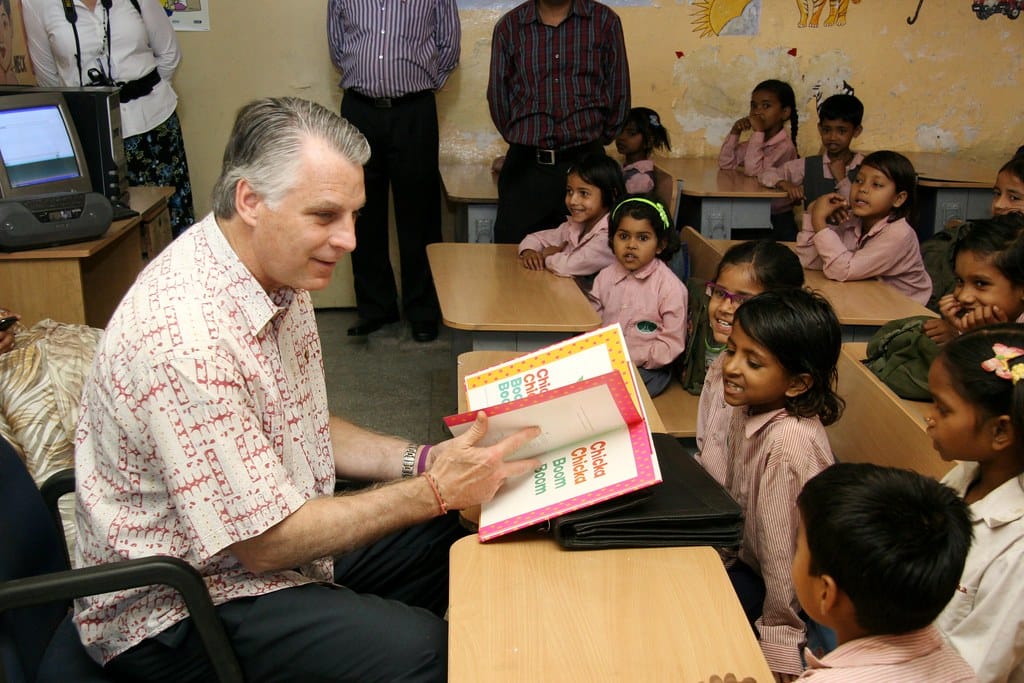India's Academic Crackdown: Universities Face Penalties for Excessive Research Retractions
India's higher education landscape is about to undergo a significant transformation as the country moves to implement strict penalties for universities with excessive research paper retractions. This groundbreaking policy represents one of the most aggressive approaches globally to combat questionable research practices and restore integrity to academic publishing.
The New Policy Framework
The University Grants Commission (UGC), India's apex body for higher education, has announced plans to introduce a penalty system that will directly impact universities based on their retraction rates. Under the proposed guidelines, institutions with retraction rates exceeding established thresholds will face financial penalties, reduced research grants, and potential restrictions on new program approvals.
This move comes as India grapples with its position as one of the world's largest contributors to retracted research papers. According to recent data from Retraction Watch, Indian researchers account for approximately 15% of all global retractions despite producing only about 5% of the world's research output – a disproportionate ratio that has raised serious concerns about research quality and integrity.
The Scale of the Problem
The statistics paint a concerning picture of India's academic publishing landscape. In 2023 alone, over 1,200 research papers by Indian authors were retracted from various journals, with the majority citing issues such as:
- Plagiarism and self-plagiarism (45% of cases)
- Data fabrication or manipulation (28% of cases)
- Duplicate publication (18% of cases)
- Authorship disputes (9% of cases)
Several prominent Indian institutions have found themselves at the center of retraction controversies. For instance, a major technical university in South India had 47 papers retracted in a single year, while a medical college in the northern region faced scrutiny after 23 of its research publications were withdrawn due to data integrity issues.
Industry Response and Concerns
The academic community's reaction to the proposed penalties has been mixed. While many researchers and administrators support stronger measures to ensure research integrity, others worry about the potential for overreach and unintended consequences.
Dr. Rajesh Kumar, a senior researcher at the Indian Institute of Science, argues that "the focus should be on prevention rather than punishment. We need better training programs and institutional support systems to help researchers understand proper publication practices."
However, critics of the current system point to the "publish or perish" culture that has taken root in Indian academia, where career advancement and institutional rankings heavily depend on publication numbers rather than quality. This pressure has led to compromised research standards and ethical shortcuts.
Global Context and Comparisons
India's approach contrasts sharply with other countries facing similar challenges. China, which also struggled with high retraction rates, implemented a comprehensive reform program focusing on researcher education and institutional culture change rather than punitive measures. The results have been promising, with retraction rates declining by 35% over the past three years.
European institutions have adopted a different strategy, emphasizing transparent reporting of research misconduct and implementing robust peer review processes. The European approach has focused on creating supportive environments where researchers can admit mistakes without fear of career-ending consequences.
Implementation Challenges
The success of India's penalty system will largely depend on its implementation details, which remain under development. Key challenges include:
Defining Fair Thresholds: Determining what constitutes an "excessive" retraction rate across different disciplines and institution types will be crucial. Medical research, for instance, naturally has higher retraction rates due to the complexity of clinical studies.
Resource Allocation: Smaller universities may lack the infrastructure to implement comprehensive research integrity programs, potentially making them more vulnerable to penalties.
International Collaboration: With increasing global research partnerships, determining institutional responsibility for retracted collaborative work presents complex jurisdictional challenges.
Looking Forward
India's bold move to penalize universities for excessive retractions represents a significant shift in academic accountability. While the policy aims to restore credibility to Indian research on the global stage, its success will depend on balanced implementation that encourages improvement rather than simply punishing failure.
The international academic community will be watching closely as India pioneers this approach. If successful, it could serve as a model for other countries struggling with similar research integrity challenges. However, the policy must be carefully calibrated to avoid stifling legitimate research or unfairly penalizing institutions working to improve their practices.
As India moves forward with this initiative, the focus should remain on building a sustainable research ecosystem that values quality over quantity and supports researchers in maintaining the highest ethical standards.
